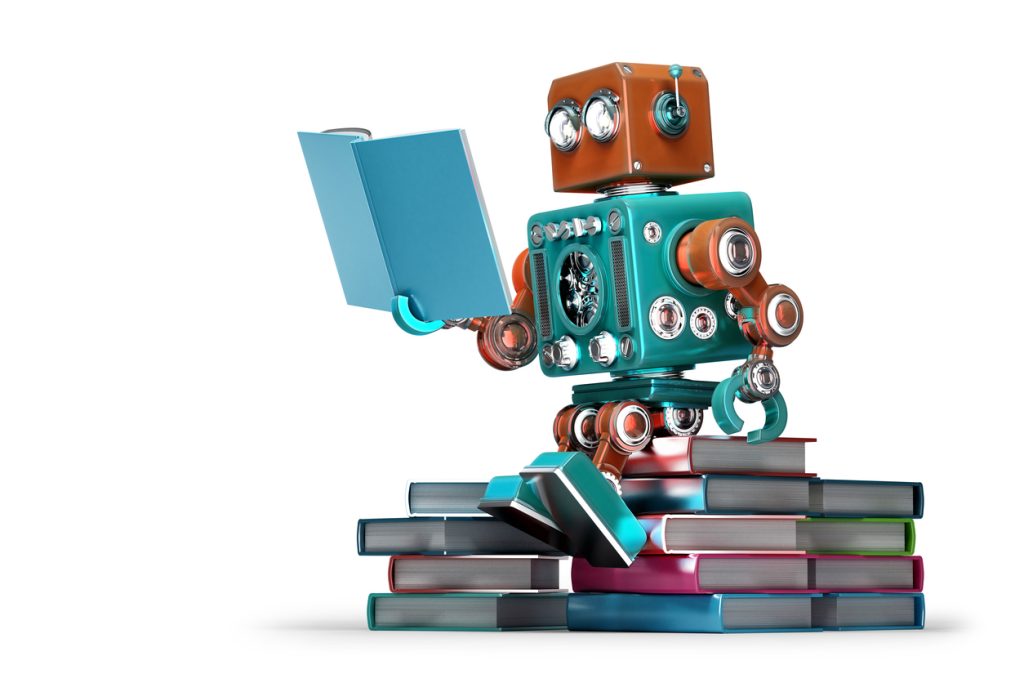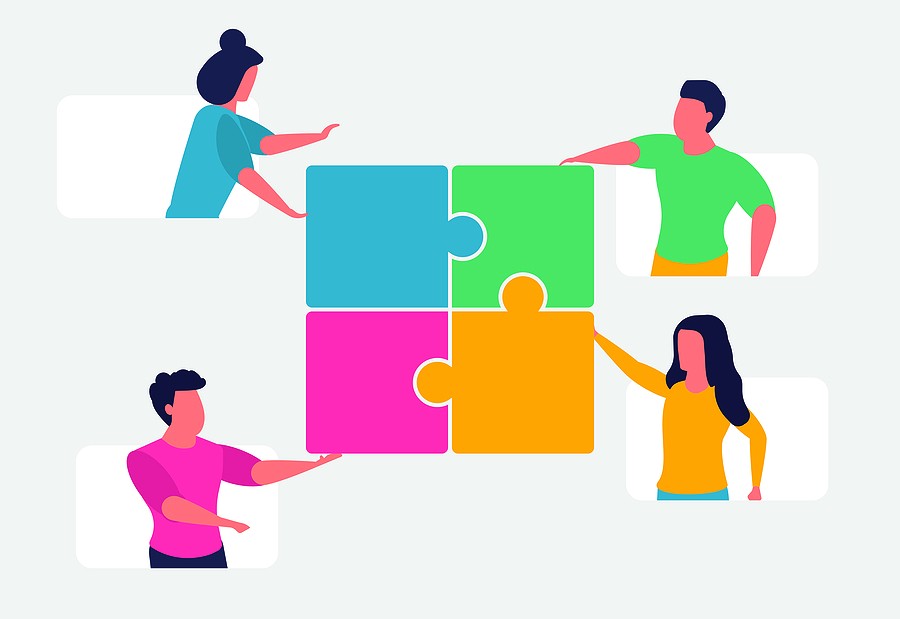The Heat Mirage: My least-favorite internet maneuver
Alice and Bob are driving through the desert. Alice: Looks dry. Bob: That’s wrong, what we see ahead is caused by the sun heating up…

Alice and Bob are driving through the desert.
Alice: Looks dry.
Writing Worth Reading
Most people pay little attention to the second component of reading: selecting great inputs. There is a lot of competition for what to read, and…

Most people pay little attention to the second component of reading: selecting great inputs. There is a lot of competition for what to read, and only a very small percentage of it is worth reading.
Just as it’s harder to make healthy choices if your house is full of junk food, it’s difficult to extract great insights from bad writing.
Use These Simple Strategies to Retain Everything You Read
One of the benefits of reading is that it allows you to master the best of what other people have already figured out. Of course,…

One of the benefits of reading is that it allows you to master the best of what other people have already figured out. Of course, this is only true if you can remember and apply the lessons and insights from what you read.
Reading is a way to discover new ideas. The question is, how do we do that well?
Intelligent Preparation: The World Is Multidisciplinary
We live in a society that demands specialization. Being the best means being an expert in something. Letters after your name and decades in the…

We live in a society that demands specialization. Being the best means being an expert in something. Letters after your name and decades in the trenches of experience are required before you can claim to know anything. In one sense there is nothing wrong with this — specialized knowledge is required to solve problems and advance our global potential. But a byproduct of this niche focus is that it narrows the ways we think we can apply our knowledge without being called a fraud.
So we think physicists can’t teach us about love; mathematicians can’t instruct us on how to run a business; poets don’t know squat about “my life.” And bloggers can’t contribute to philosophy.
SMART People Make Terrible Decisions
Otherwise intelligent people can make terrible decisions. Think about decisions like these: These were catastrophic decisions made by people who were, in some sense, professional…

Otherwise intelligent people can make terrible decisions. Think about decisions like these:
- Napoleon decided to invade Russia (and Hitler did it again 130 years later)
- An editor deciding to publish O.J Simpson’s If I Did It
- Chris Webber choosing the timeout he didn’t have in the 1993 Final Four
- NASA’s decision to ignore the O-ring issues on the Challenger
- President Kennedy’s famous blunder to continue the Bay of Pigs operation inherited from the previous administration (a mistake he quickly learned from)
- Margaret Thatcher deciding to get behind a “poll tax” that led to her ouster by her own party
- Juergen Schrempp, the CEO of Daimler-Benz, deciding to merge with Chrysler despite massive internal opposition and general history of big M&A deals working very poorly
- …and a hundred thousand more…
These were catastrophic decisions made by people who were, in some sense, professional decision-makers. They had impeccable credentials and judgment, and yet they made poor decisions due to poor judgment, a too-limited mental representations of the world, or just plain stupidity.




